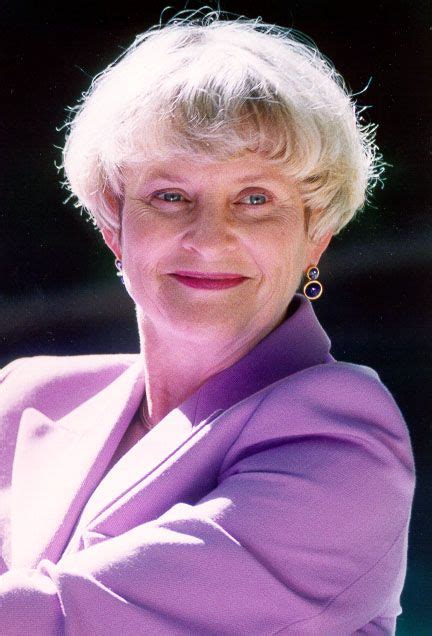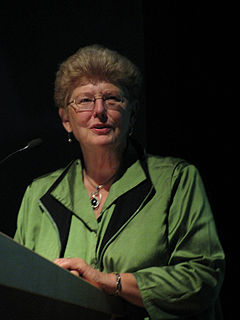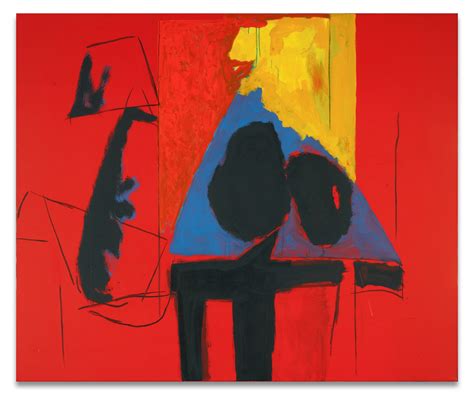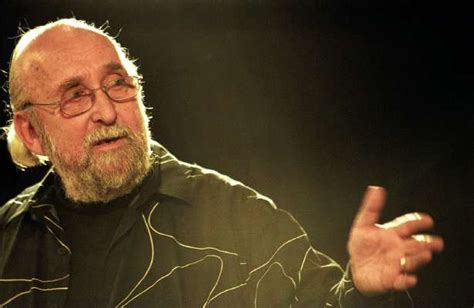A Quote by Dale Spender
Every medium - oral, written, print, and now electronic - has its own associated thought patterns and mind sets.
Related Quotes
The tribalizing power of the new electronic media, the way in which they return to us to the unified fields of the old oral cultures, to tribal cohesion and pre-individualist patterns of thought, is little understood. Tribalism is the sense of the deep bond of family, the closed society as the norm of community.
Lulled into somnolence by five hundred years of print, literary studies have been slow to wake up to the importance of MSA (media-specific analysis). Literary criticism and theory are shot through with unrecognized assumptions specific to print. Only now, as the new medium of electronic textuality vibrantly asserts its presence, are these assumptions clearly coming into view.
If the human race develops an electronic nervous system, outside the bodies of individual people, thus giving us all one mind and one global body, this is almost precisely what has happened in the organization of cells which compose our own bodies. We have already done it. [...] If all this ends with the human race leaving no more trace of itself in the universe than a system of electronic patterns, why should that trouble us? For that is exactly what we are now!
The mind is a magnet and we attract that with which we identify the self. In order to get the most out of life we must learn consciously to change many of our habitual thought patterns. This is not easy, for our old thought patterns cling to us with great tenacity, but, being thought patterns, they can be reversed. If you are filled with fear, refill yourself with faith, for faith always overcomes fear.
I'm saying that the domain of poetry includes both oral & written forms, that poetry goes back to a pre-literate situation & would survive a post-literate situation, that human speech is a near-endless source of poetic forms, that there has always been more oral than written poetry, & that we can no longer pretend to a knowledge of poetry if we deny its oral dimension.
We live in a society that is in transition from oral to written. There are oral stories that are still there, not exactly in their full magnificence, but still strong in their differentness from written stories. Each mode has its ways and methods and rules. They can reinforce each other; this is the advantage my generation has - we can bring to the written story something of that energy of the story told by word of mouth.
There are only patterns, patterns on top of patterns, patterns that affect other patterns. Patterns hidden by patterns. Patterns within patterns. If you watch close, history does nothing but repeat itself. What we call chaos is just patterns we haven't recognized. What we call random is just patterns we can't decipher. what we can't understand we call nonsense. What we can't read we call gibberish. There is no free will. There are no variables.
There are television sets in every home, every restaurant, every hotel room, every shopping mall-now they’re even small enough to carry in your pocket like electronic rosaries. It is an unquestioned part of everyday life. Kneeling before the cathode ray God, with our TV Guide concordance in hand, we maintain the illusion of choice by flipping channels (chapters and verses). It doesn’t matter what is flashing on the screen-all that’s important is that the TV stays on.
Though the structures and patterns of mathematics reflect the structure of, and resonate in, the human mind every bit as much as do the structures and patterns of music, human beings have developed no mathematical equivalent to a pair of ears. Mathematics can only be "seen" with the "eyes of the mind". It is as if we had no sense of hearing, so that only someone able to sight read music would be able to appreciate its patterns and harmonies.



































